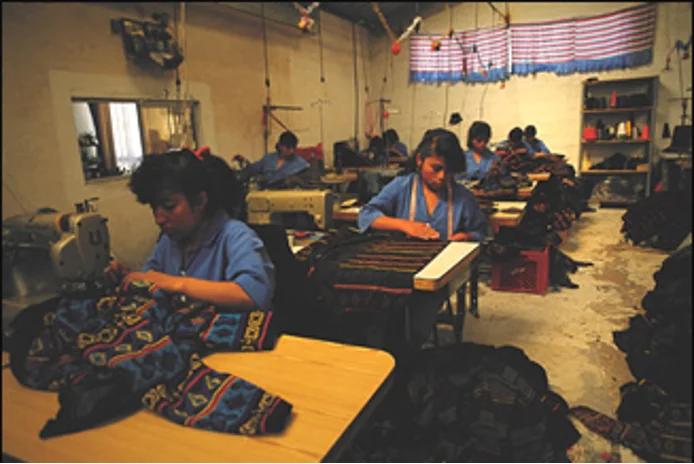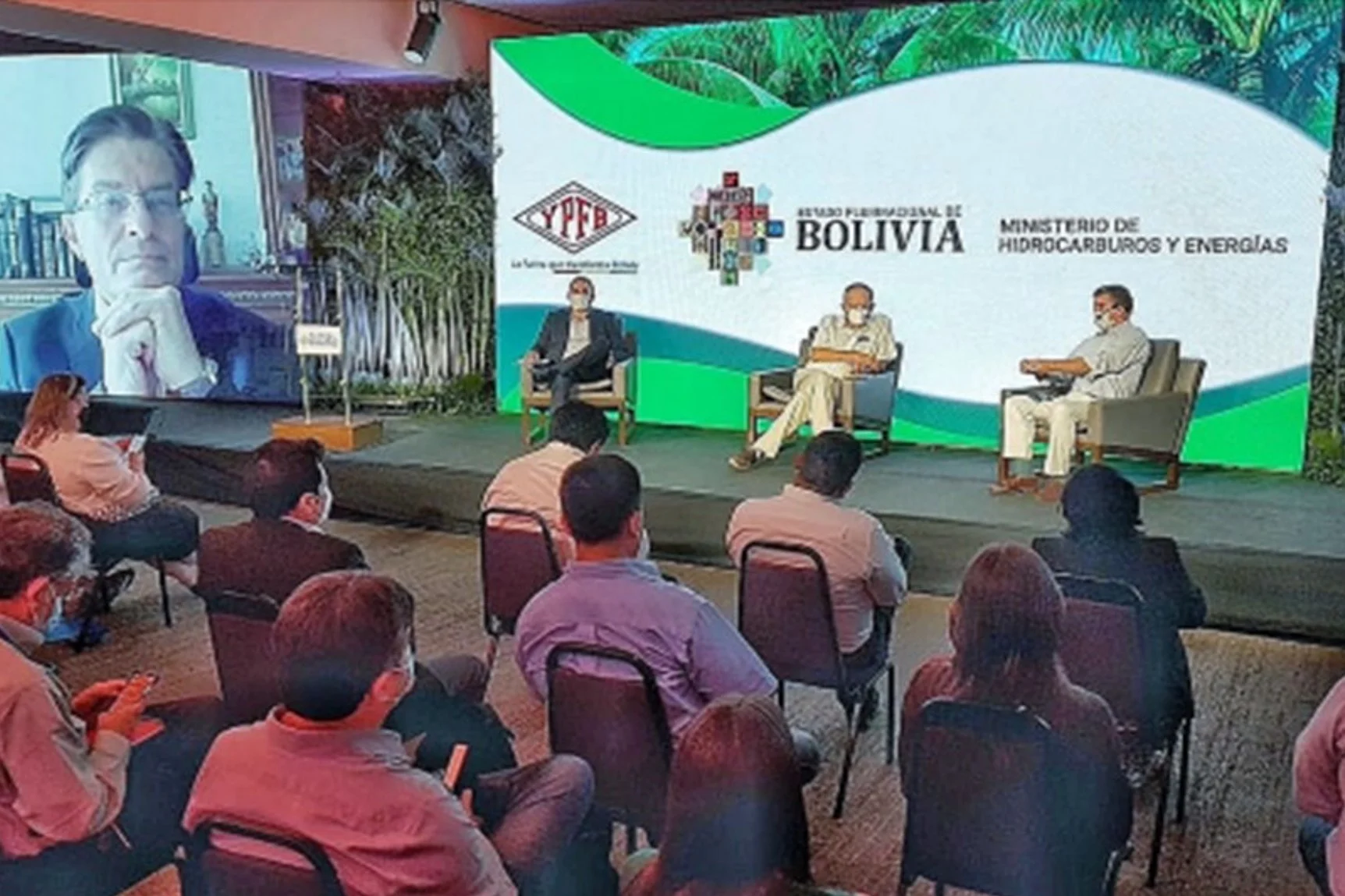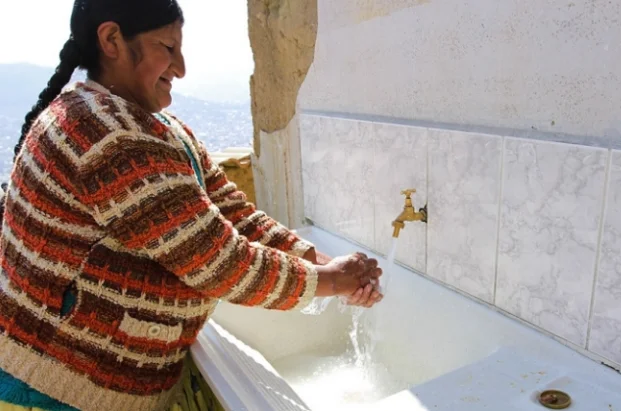Corporate social responsibility and corporate governance for Bolivian SMEs

With the backing of a partnership of international institutions, the project has introduced CSR practices and Corporate Governance into 28 SMEs in the country’s major cities.
SMEs in Bolivia make a fundamental contribution to the economy and stimulate employment especially in low-income sectors.
To encourage introduction of Corporate Social Responsibility (CSR) and Corporate Governance (CG) into the management of the Bolivian small and medium enterprise (SME) sector, the IDB Multilateral Investment Fund (MIF), CAF – Latin American development bank – and the Swiss Agency for Development and Cooperation (SDC) have supported a project implemented by the Foundation for Sustainable Development (FUNDES) in 28 SMEs in La Paz, Cochabamba and Santa Cruz.
The project was in response to current trends which require companies to take responsibility for the social effects of their activities. Irrespective of size and ownership structure, every business needs to put formal practices in place to govern relations between providers of capital (shareholders and creditors) and managers.
These practices create transparency and accountability which gives confidence and certainty to the conduct of the business, which in turn facilitates access to alternative sources of financing and improves relations with stakeholders (shareholders, employees, suppliers and customers, among others).
Although SMEs do not have the same capabilities and motivations as large companies, CSR and CG are instruments that directly affect their results and competitiveness. Moreover, as part of the value chain of the productive sector, they are required to meet the quality standards that the chains are integrating into their operations.
During the 14-month project, the beneficiary SMEs received training in these areas along with advice on how to prepare and implement action plans in the three dimensions of CSR: economic, social and environmental.
Many of the programs in the areas of health, training, recycling, energy saving, donations, community support, among others, were transformed into long-term plans. Work was also done on improving CG based on the “Guidelines for a Corporate Governance Code” prepared by CAF.
The SMEs accepted the challenge of meeting the commitments made in these plans because they understood that the CSR model and CG brought evident benefits for the business and stakeholders.
The MSME sector in Bolivia
SMEs play a leading role in the business fabric of Bolivia, which is why it is essential to improve their transparency, accountability and responsible competitiveness in an effort to create successes which can be replicated in the country and in the region.
In Bolivia, micro and small enterprises account for 95% of the business sector, contributing about 29% of GDP to the national economy and 83% of employment. In particular, the sector generates income for low-income classes.
 Albania
Albania Algeria
Algeria Andorra
Andorra Argentina
Argentina Armenia
Armenia Australia
Australia Austria
Austria Azerbaijan
Azerbaijan Bahrain
Bahrain Belgium
Belgium Bolivia
Bolivia Brazil
Brazil Bulgaria
Bulgaria Cambodia
Cambodia Cameroon
Cameroon Canada
Canada Chad
Chad Chile
Chile China
China Colombia
Colombia Costa Rica
Costa Rica Croatia
Croatia Cyprus
Cyprus Czechia
Czechia Denmark
Denmark Ecuador
Ecuador Egypt
Egypt Finland
Finland France
France Georgia
Georgia Germany
Germany Ghana
Ghana Greece
Greece Hungary
Hungary Iceland
Iceland India
India Indonesia
Indonesia Ireland
Ireland Italy
Italy Jamaica
Jamaica Japan
Japan Jordan
Jordan Kazakhstan
Kazakhstan Kenya
Kenya Kuwait
Kuwait Latvia
Latvia Lebanon
Lebanon Libya
Libya Lithuania
Lithuania Luxembourg
Luxembourg Malaysia
Malaysia Maldives
Maldives Mali
Mali Malta
Malta Mexico
Mexico Moldova
Moldova Monaco
Monaco Morocco
Morocco Netherlands
Netherlands New Zealand
New Zealand Nigeria
Nigeria North Macedonia
North Macedonia Norway
Norway Oman
Oman




